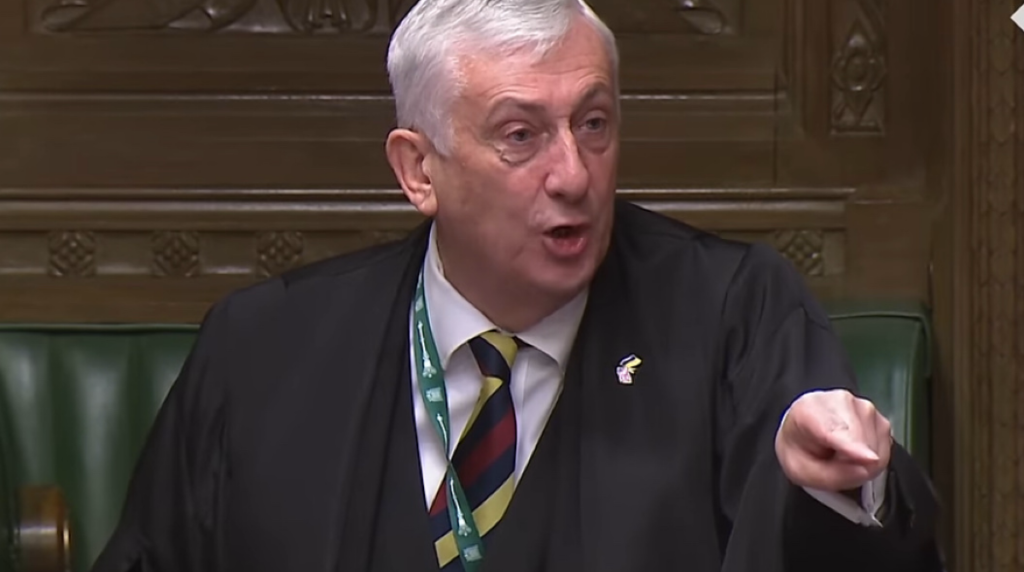Prime Minister Sir Keir Starmer has warned that the United Kingdom is preparing for “war-fighting readiness” as international instability reaches levels unseen in recent decades.
Addressing the public in Glasgow, Starmer presented the government’s long-anticipated strategic defence review, which outlines a sweeping set of military investments and strategic aims. The plan includes the expansion of Britain’s submarine fleet, a £15 billion allocation for nuclear warhead upgrades, and the procurement of thousands of long-range precision weapons.
The overarching goal, according to Starmer, is to prepare the country for potential military engagements across Europe or the Atlantic.
“When we are being directly threatened by states with advanced military forces,” the prime minister stated, “the most effective way to deter them is to be ready, and frankly, to show them that we’re ready to deliver peace through strength.”
He further vowed to make Britain “a battle-ready, armour-clad nation,” adding that “every part of society, every citizen of this country, has a role to play.”
However, doubts remain regarding the feasibility and financial prudence of this militarisation. While the government confirmed plans to raise defence spending to 2.5% of GDP beginning in April 2027, the long-term goal of hitting 3% remains an “ambition,” not a firm promise.
Royal Navy To Get Fleet Upgrade
As part of the updated defence strategy, the Royal Navy is set to introduce two new Astute-class submarines: HMS Agamemnon and HMS Agincourt. Agamemnon is currently undergoing trials, while Agincourt is still under construction. These additions are part of a broader commitment under the Aukus alliance, a trilateral defence pact involving the UK, US, and Australia, to bolster undersea warfare capabilities.
The review also proposes adding 12 new submarines to Britain’s existing fleet, pushing the total above 20 vessels. This figure, while a notable increase, still lags behind the United States’ 71-submarine fleet and the 66 submarines each operated by China and Russia.
Tensions flared in Parliament as Speaker Sir Lindsay Hoyle expressed frustration over the review being disclosed to the media before it was officially presented in the House of Commons. Hoyle, known for his insistence on procedural discipline, granted an urgent question session to address the matter. This controversy has, ironically, delayed the formal announcement of the Strategic Defence Review in Parliament.

Not everyone welcomed the government’s war-focused approach. The campaign group Stop the War issued a harsh critique of the defence spending plans. Chris Nineham, vice chair of the organisation, said the government’s rhetoric has created an atmosphere of fear and paranoia.
“Keir Starmer, John Healey and the Ministry of Defence have spent the days before the release of this spending review painting a picture of the most heightened military and security threat since the end of the Cold War.
“They say they want the UK to move to ‘war-fighting readiness’, but talking up a new era of threat while tying an ailing economy even more to military production only makes the threat of war more likely.”
Chris Nineham
He further criticised the review’s financial implications.
“The pledges in this review are even more grotesque given the eye-watering record profits being made by the arms manufacturers and their shareholders as a result of the endless conflicts which are only perpetuated by these levels of increased defence spending – paid for with our tax pounds and by slashing the welfare budget.”
Chris Nineham
The latest review arrives at a moment when global power struggles are intensifying, with concerns growing over Russian aggression, Chinese assertiveness, and threats posed by rogue states and non-state actors. Whether the UK’s pivot toward a war-ready posture serves as a necessary deterrent or escalates tensions further remains the subject of fierce public and political debate.
READ ALSO: Ghana Immigration Warns Public On Recruitment Fraud



















